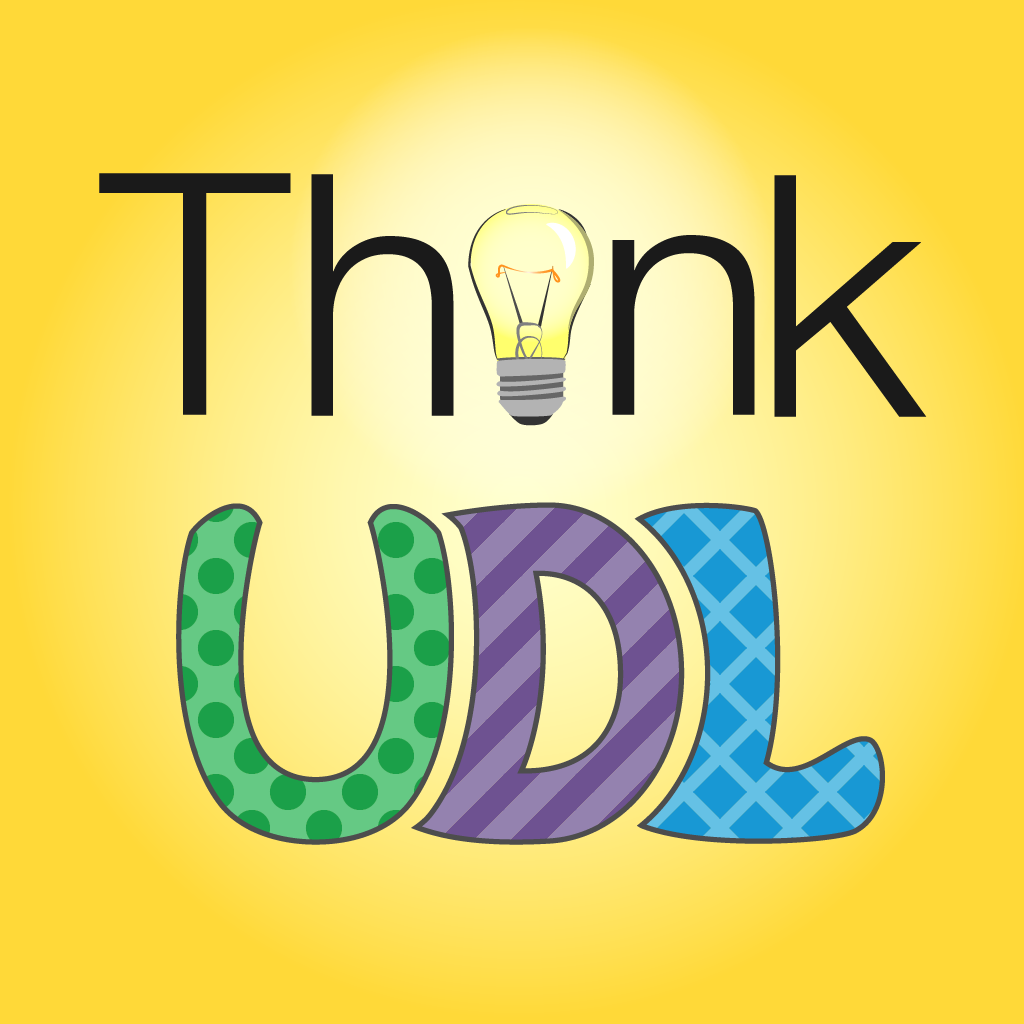-
Math Choices and Contract Grading with Tracey Howell and Trina Palmer
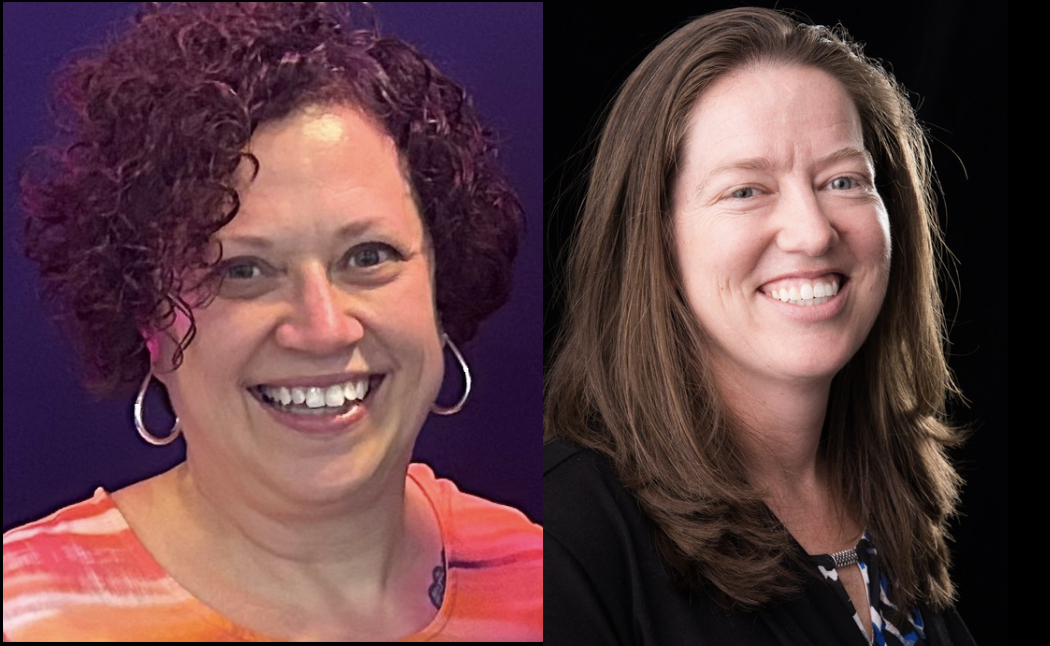
Welcome to Episode 156 of the Think UDL podcast: Math Choices and Contract Grading with Tracey Howell and Trina Palmer. Dr. Tracey Howell is an Assistant Professor of Mathematics and Dr. Trina Palmer is a Professor in the Department of Mathematical Sciences at Appalachian State University. In today’s conversation we discuss several UDL interventions in…
-
Accessible Initiatives with Carly Lesoski, Courtney Floyd, and Majo Brito Paez

In today’s conversation we will discuss the free and helpful resources that these brilliant minds have produced that we can now all use to help our faculty and staff incorporate UDL into our learning environments, including fantastic case studies that anyone can use for their own trainings on UDL in higher education, so that you…
-
Slow Pedagogy with Constanza Bartholomae
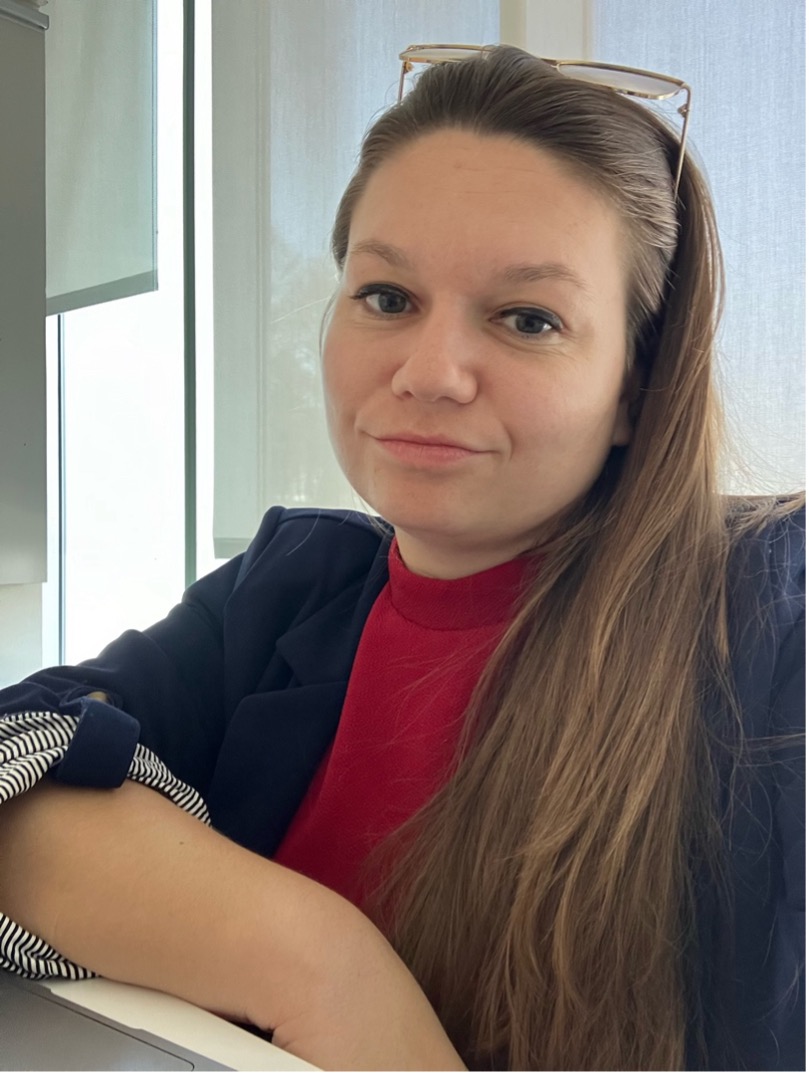
Today’s conversation centers on Slow Pedagogy and UDL. You’ll learn not only what Slow Pedagogy means, but also how to implement more thoughtful, deep-learner driven interventions into your teaching practice. And perhaps, give you another way to think about how your students learn and how to go about designing your courses. You’ll find the resources mentioned…
-
Designing For Success in Online Learning with Nicole Messier

In today’s episode, we will discuss how small design choices make a big impact on student success. We will explore how to support learners by tapping into the power of executive functioning skills like time management, organization, planning, and self-regulation, and apply Universal Design for Learning (UDL) strategies that foster autonomy, reflection, and engagement. We’ll…
-
OER Resources with Carolee Clyne from UDL in 15 Minutes
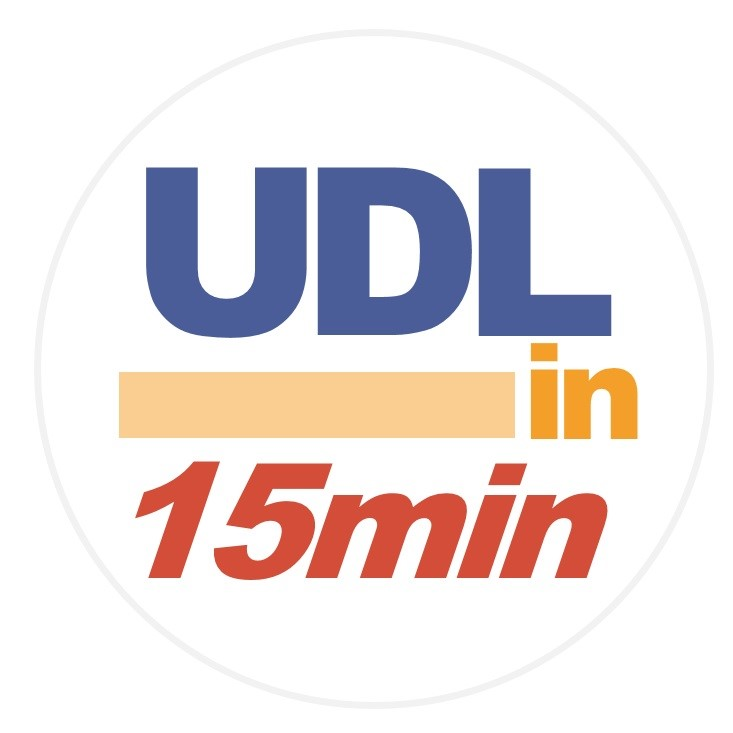
-
Conversational Quizzes with Meghan Donnelly
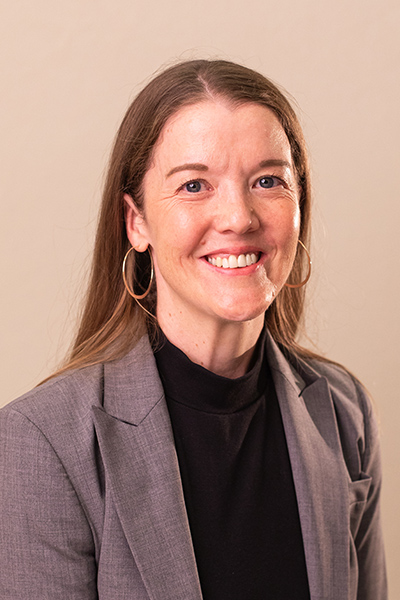
-
Programmatic UDL in Professional Studies with Erin Lewis

-
Advancing Learning with Nicole Parsons

-
Students Tell Us What Works in Statistics with Jen McNally and Laura Callis
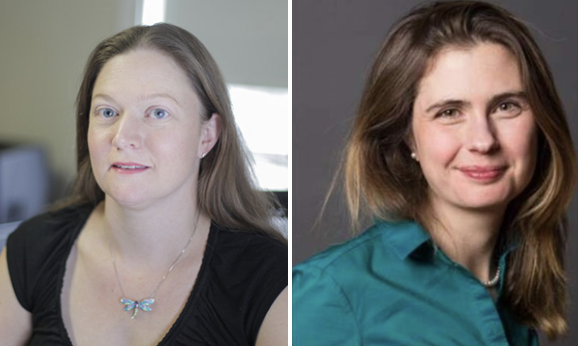
Jen and Laura have found that students are often the best collaborators to understand what UDL interventions and applications work best in their particular settings. Their project is particularly focussed in statistics and today’s conversation will explore how to help students learn and even have a little fun in statistics classes using UDL. From flipping…
-
Nursing Education with John Gilmore and Freda Browne

[aioseo_breadcrumbs]
